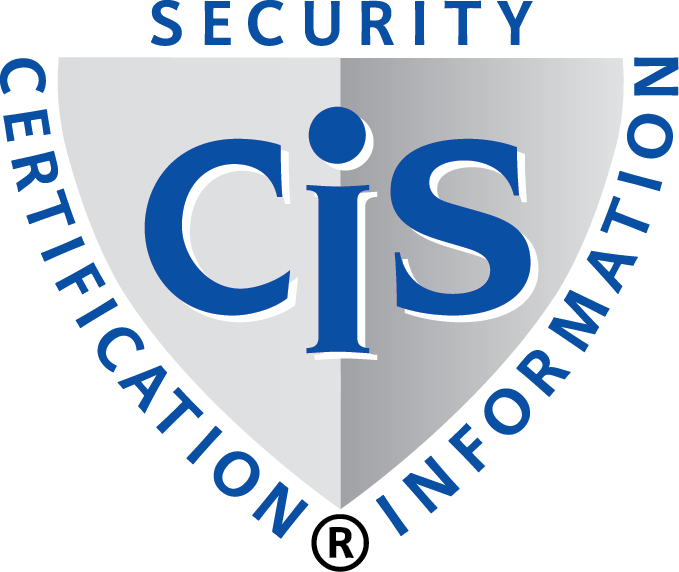A balancing act between AI, information security and data ownership
The future of AI and data ownership
In the first part of this article, we looked at the loss of control of data and the role of artificial intelligence in the current flood of data. Data ownership, the AI Act at European level, ISO 27001 and the GDPR - what does the future hold?
AI and data protection: new uncertainties
In addition to all the advantages, the integration of AI in companies also brings with it uncertainties in terms of information security and data protection. Can AI act as a data owner? Who owns the data generated by AI? Who is responsible for the training data for the AI model? The autonomy of AI systems and their ability to make independent decisions require special attention with regard to data protection and security.
Solutions for the responsible use of AI
- Responsibility: Define clear responsibilities for the data processed and generated by AI within the company.
Data processing guidelines: Determine guard rails for the data processing of your AI models. - Transparency and explainability: Ensure that AI systems are transparent and explainable in order to keep decision-making processes effective.
Data protection guidelines: Implement clear data protection guidelines, align with the GDPR and publish the respective guidelines to strengthen trust on the part of customers* and other stakeholders. - Regulatory framework conditions: Support the development of regulations that monitor and control the use of AI in information security.
- Human oversight: Integrate human oversight to ensure AI operates in line with your ethical standards
- Ongoing training: Educate users to promote an understanding of evolving AI technology and its impact on information security and to prevent misuse.
Conclusion: The future of AI and data ownership
The integration of ethical principles and security precautions is crucial in order to be able to use AI to manage the flood of data and proactively counter information security risks. ISO 27001 and the General Data Protection Regulation (GDPR) are useful frameworks that complement the requirements of the AI Act. Those responsible for information security and data protection should use their position as experts in companies and be aware of their responsible position to ensure the protection of data in AI models.
Care to know more?

